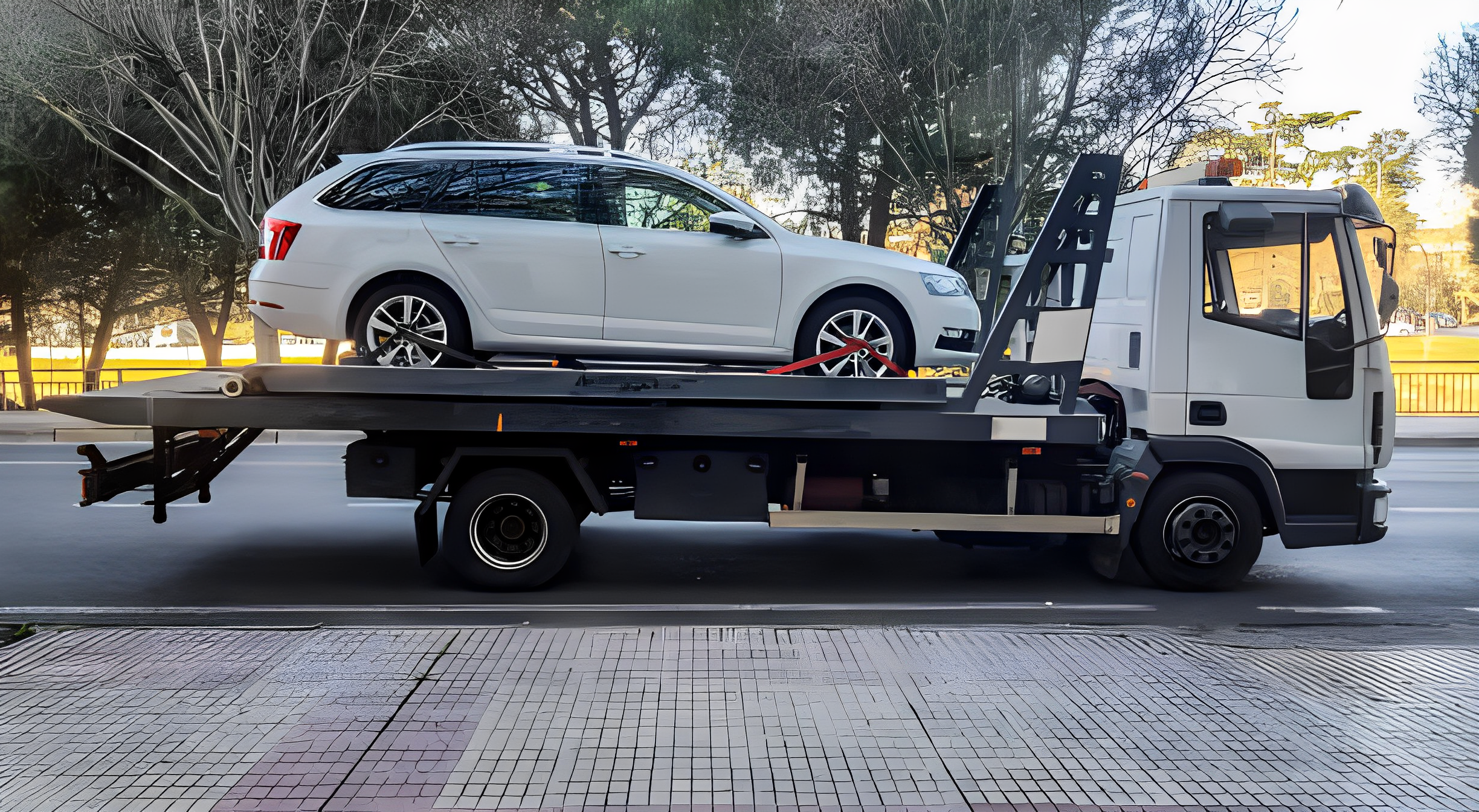Regular vehicle checks are critical to ensuring the safety, efficiency, and longevity of your car. Whether you’re a seasoned driver or vehicle check new to car ownership, understanding the importance of vehicle checks can save you from unexpected breakdowns, costly repairs, and even legal troubles. In this blog, we’ll explore why vehicle checks are essential, what they typically involve, and how you can stay proactive in maintaining your vehicle.
Why Is a Vehicle Check Important?
- Safety First: A thorough vehicle check helps identify potential hazards before they turn into serious issues. Worn-out brakes, faulty lights, or damaged tires can compromise your safety on the road. Regular inspections catch these issues early, keeping you, your passengers, and others safe.
- Legal Compliance: In many countries, regular vehicle checks are a legal requirement. Driving without a valid vehicle inspection can lead to fines, penalties, and even your car being taken off the road. Staying compliant avoids these legal headaches.
- Prevent Costly Repairs: Small issues often snowball into expensive problems if left unattended. A vehicle check allows you to detect minor faults like fluid leaks, engine misfires, or alignment issues before they turn into costly repairs.
- Improves Longevity: Routine checks and maintenance extend the life of your vehicle. Well-maintained vehicles run efficiently, reducing wear and tear and ensuring your car serves you longer.
- Enhances Resale Value: If you plan on selling your car, a well-documented history of regular vehicle checks and maintenance boosts its resale value. Potential buyers are more likely to trust a vehicle that has been well cared for.
What Does a Vehicle Check Involve?
A vehicle check can vary depending on whether it’s a quick routine check or a more thorough inspection by a professional. Here’s a breakdown of what typically gets assessed:
- Tires and Wheels: Includes checking tire pressure, tread depth, and alignment. Properly inflated and aligned tires ensure better fuel efficiency and road safety.
- Brakes: A check of brake pads, discs, and fluid levels. Faulty brakes are a major safety hazard and should be inspected regularly.
- Lights and Signals: Ensures headlights, brake lights, indicators, and interior lights are functioning correctly. Faulty lights are a common cause of accidents and can result in fines.
- Fluid Levels: Includes checking engine oil, coolant, brake fluid, transmission fluid, and windshield washer fluid. Low fluid levels can lead to engine overheating, brake failure, or poor visibility.
- Battery: The battery is inspected for corrosion, secure connections, and charge levels. A failing battery can leave you stranded unexpectedly.
- Engine and Transmission: Basic engine checks include looking for leaks, strange noises, or vibrations. Transmission fluid levels and performance are also assessed.
- Suspension and Steering: This involves checking the condition of shock absorbers, springs, and steering mechanisms. Faulty suspension can lead to poor handling and uneven tire wear.
- Exhaust System: A check for any leaks, rust, or damage that could affect the vehicle’s emissions and noise levels. A damaged exhaust can be harmful to both your health and the environment.
- Interior and Exterior: General inspection of the vehicle’s body, windows, mirrors, seat belts, and air conditioning system.
How Often Should You Perform a Vehicle Check?
- Daily/Weekly Checks: Basic checks like tire pressure, lights, and fluid levels can be done by the vehicle owner regularly. It’s wise to do these checks before long journeys or weekly to stay ahead of any minor issues.
- Periodic Maintenance: Follow the manufacturer’s maintenance schedule, usually every 6 months or 10,000-15,000 kilometers. This is where professional mechanics perform detailed inspections and servicing.
- Pre-MOT Checks: If your car requires an MOT (Ministry of Transport) test, perform a pre-MOT check to ensure everything is up to standard and avoid any surprises.
DIY Vehicle Check vs. Professional Inspection
While there are many things you can check yourself, certain aspects require professional expertise. For instance, brake inspections, suspension checks, and detailed engine diagnostics should be left to certified mechanics. Investing in professional inspections at regular intervals ensures that no crucial details are overlooked.
Final Thoughts
Staying on top of regular vehicle checks is a proactive approach that not only ensures your car runs smoothly but also keeps you safe and compliant on the road. Whether it’s a simple DIY check or a more detailed professional inspection, make vehicle checks a routine part of your car care strategy. A little attention now can prevent major problems down the road.

